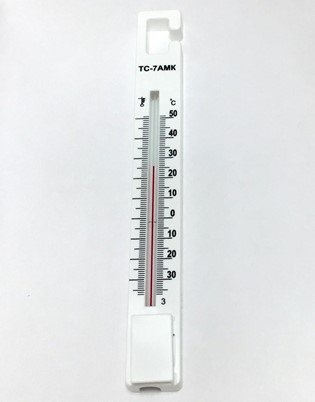Macron did not see a legal basis for the confiscation of Russian assets.
Europe currently lacks a legal basis for the confiscation of frozen Russian assets, French President Emmanuel Macron said on TF1.
"Today, we have no legal basis to touch Russian assets. This capital earns us interest every month, and we used it to finance our aid to Ukraine," he recalled ( quoted by BFM TV).
Approximately €200 billion in Russian assets have been frozen in Europe since 2022, the majority of which are held in the Belgian depository Euroclear. Since last year, Brussels has been transferring the proceeds from these funds to Kyiv. Moscow has declared that any action with its assets would be considered "theft."
Macron also reiterated his readiness to negotiate with his Russian counterpart, Vladimir Putin. "I will do so in coordination with [Ukrainian] President Volodymyr Zelenskyy and in close coordination with our European partners," he added.
The French president believes that for territorial issues to be resolved, "the war must end, and Ukraine must be in the best position to engage in negotiations," France Info reports. At the same time, he believes the Ukrainian side understands it will not be able to regain all the territories lost since 2014.
In 2014, Crimea became part of Russia following a referendum. Moscow considered the issue closed. In the fall of 2022, the Donetsk People's Republic (DPR), Luhansk People's Republic (LPR), and the Zaporizhzhia and Kherson regions also joined Russia following referendum results. Ukraine and Western countries do not recognize the referendum results, and Kyiv has declared its intention to return the territories.
On the night of May 11, Russian President Vladimir Putin proposed resuming direct talks with Ukraine in Istanbul on May 15. Ukrainian President Volodymyr Zelenskyy promised to meet Putin there "personally." Moscow will send a delegation, but the Kremlin has not yet revealed its members.
European countries have threatened Russia with new sanctions if there is no progress in the negotiation process. They initially intended to prepare them after May 12, but, as reported byBLOOMBERG decided to postpone the measure until the meeting of the parties in Turkey. US Secretary of State Marco Rubio will attend , and US President Donald Trump has also suggested a trip to Istanbul for talks between Moscow and Kyiv .
The European Union intends to adopt the 17th package of sanctions against Russia on May 20. According toAccording to REUTERS and EUobserver, they will affect, in particular, hundreds of vessels that Brussels believes are linked to the Russian shadow fleet. The Financial Times reported that EU countries are also seeking ways to extend existing sanctions against Russia to avoid a possible Hungarian veto.
According to the FT, one of the "workarounds" the European Commission is considering is changing the legal basis for some of the restrictions under which €200 billion in Russian assets have been frozen in EU countries. The EC is considering capital controls, "which would prevent the inflow of funds into Russia." The EU has previously proposed national measures that would allow countries like Belgium to retain Russian assets.
ReadPIONERPRODUKT .by inTELEGRAM .





























































